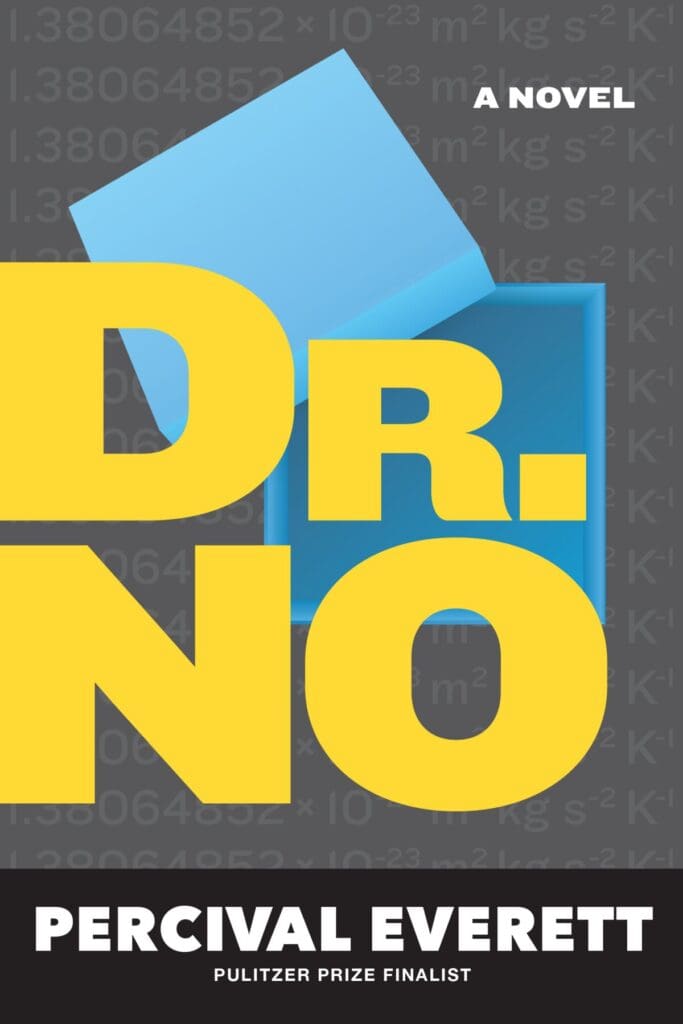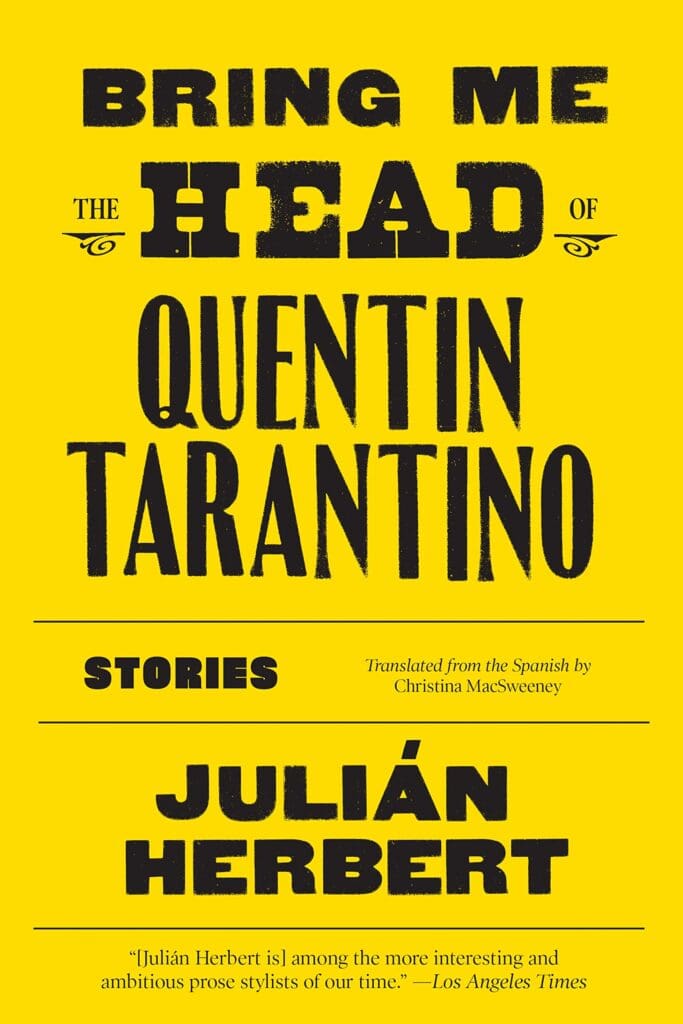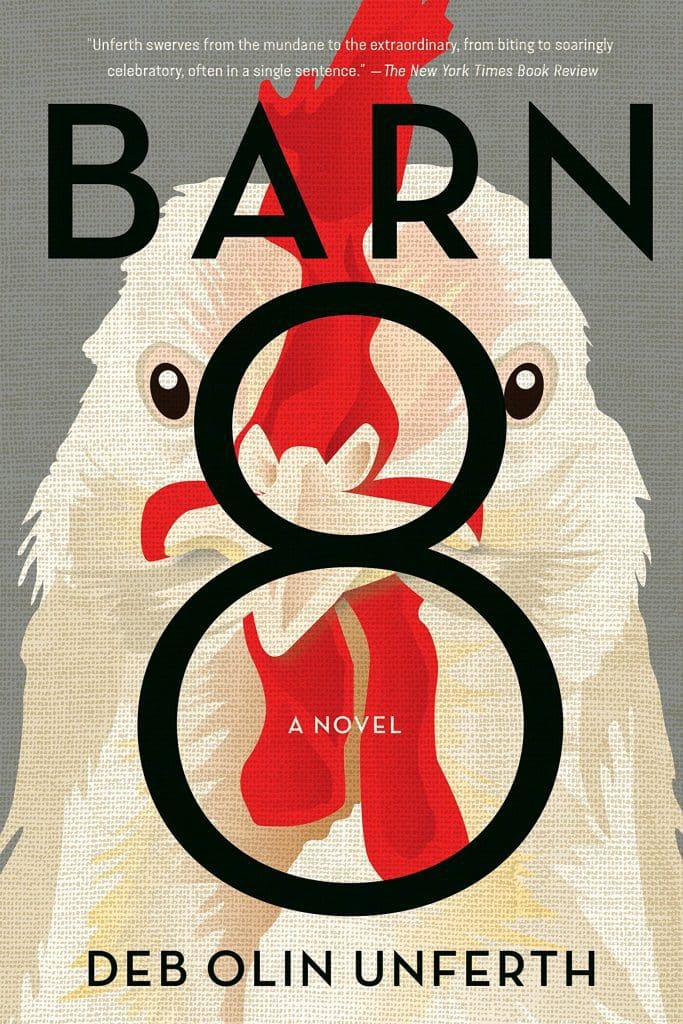A black, autistic mathematician, Wala Kitu is not James Bond—but he is the hero of Percival Everett’s anti-Bond, Bond novel, Dr. No (262 pages; Graywolf Press). The book, now a National Book Critics Circle award finalist, is very much a spy thriller—filled with sports cars, hench-people, secret submarines, and hidden shark traps—even though Everett radically subverts the classic 007 formula. Wala’s love interest is another autistic mathematician, Eigen Victor, a specialist in topology with a tendency to state the obvious. And the nefarious super-villain is John Sill, a self-made Black billionaire whose sole purpose is to destroy America, to exact […]
‘Dr. No’ By Percival Everett: Bond Upended
by Charlie Barton







